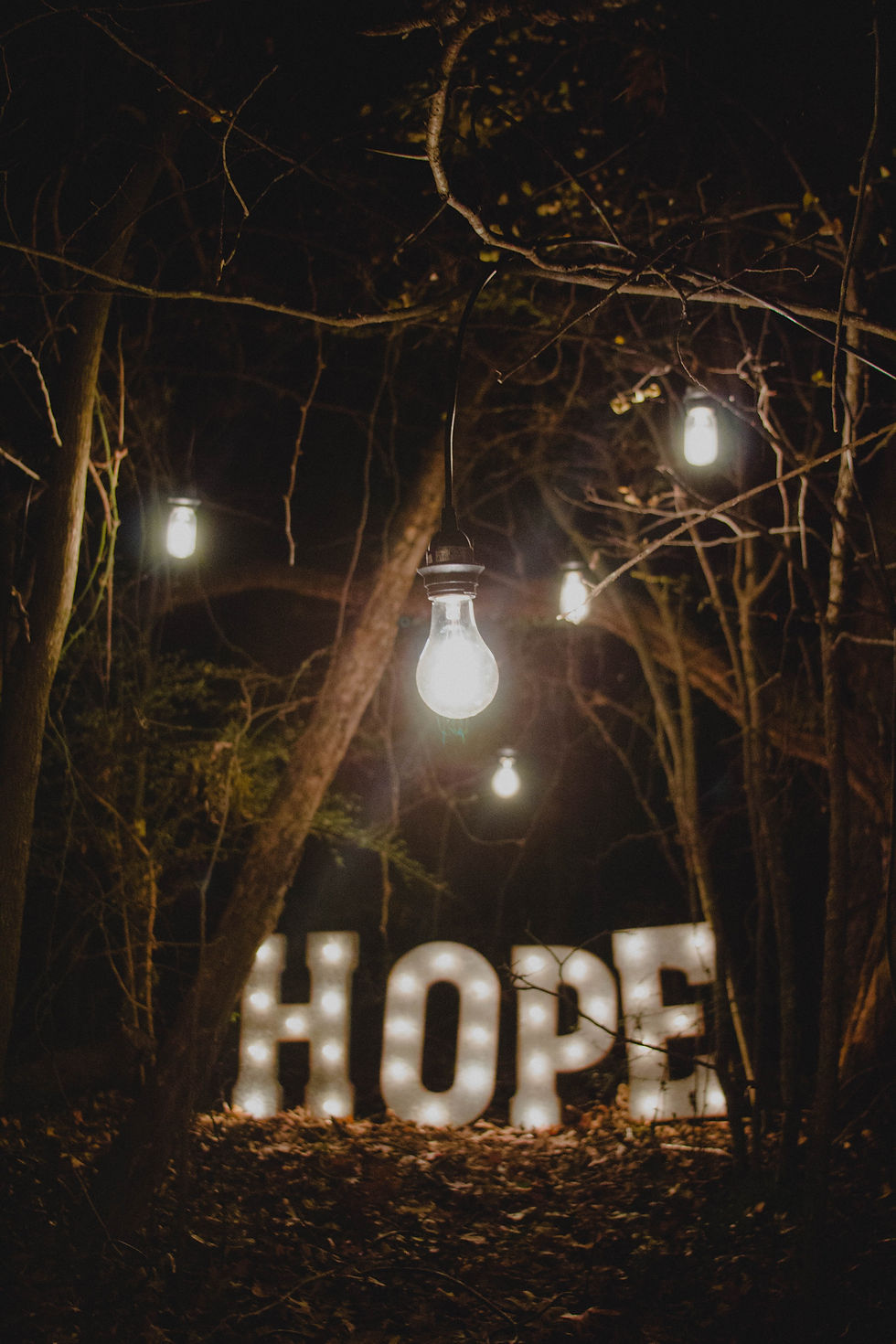The dimensions of hope
- Mar 11, 2021
- 2 min read
Updated: Apr 23, 2021
How big is HOPE? How big and heterogeneous can be the HOPE people experience, especially when going through challenging and difficult life experiences? And what is the social dimension of HOPE?
And what about hope? How have you experienced HOPE in your story?
This is one of the basic questions around which we, the Greek Bank of Memories, structure our interview to collect memories from our testimonies.
After a war or any strong experience that impacts your life, hope is a crucial factor. Hope is defined in the Oxford dictionary as both a noun and a verb. As a noun it means a belief that something you want will happen, it has a feeling of expectation and desire, that is often conceived of as being outside of one’s control. We hope when a context or someone around us can facilitate that thing to happen.

Through WE-HOPE, we have decided to interview people who, in specific moments of their life – either through strenuous migration experiences or facing other difficult moments such as personal challenges or societal ones like the COVID pandemic –, challenged and were challenged by the different dimensions of Hope.
Mentioning the dimensions of Hope, we don’t include the well recognized medical research that identifies six dimensions of hope: affective, cognitive, behavioural, affiliative, temporal, and contextual. Our approach tries to channelize our oral testimonies through their feeling towards hope that can be lost, that can be conquered, grabbed and neglected, given and shared. It can be craved, desired, dreamed and on a constant unbalanced line in between achievable and unreachable.

This constant tension brings to our mind Desmond Tutu’s quote “Hope is being able to see that there is light despite all of the darkness”, which presents the social dimension of Hope as a driver for individual and societal change. Hope is a factor that motivates individuals and communities to act and commit for a better society.
And it’s on this level that the hope shared by our oral testimonies, meets the main goal of our project WE-HOPE. By inquiring into the nature of hope in its multiple and varied guises, we promote multiculturalism and the power of human life experiences in setting a common framework of hope for the future.
This article was written by the Greek Bank of Memories.
Photos by Faris Mohammed and Ron Smith on Unsplash.




Comments